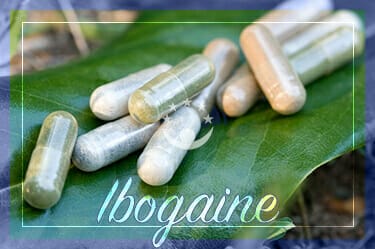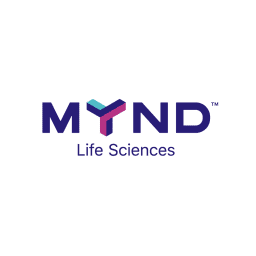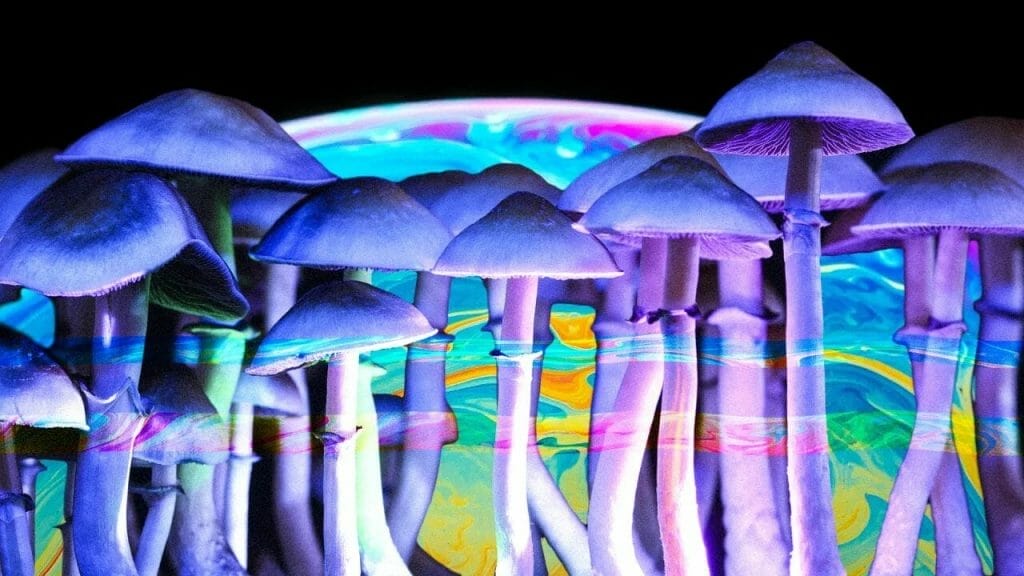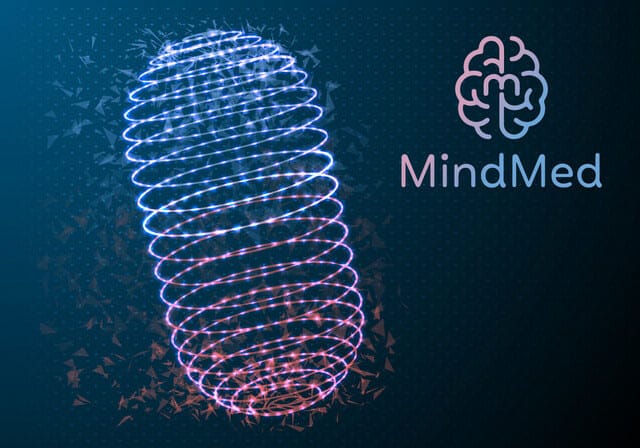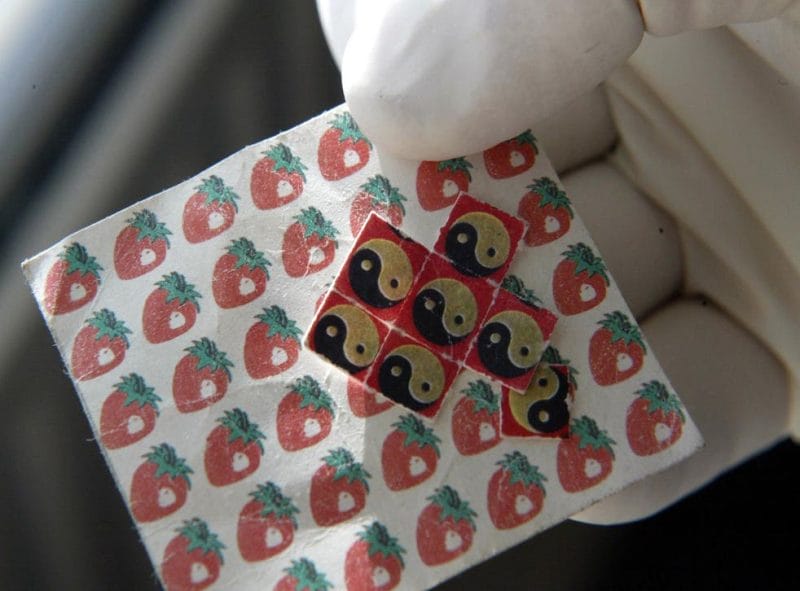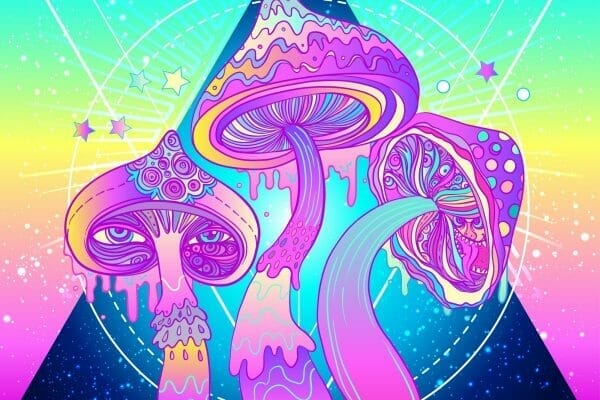Mind Medicine (MMED.E) started enrolling candidates for further human safety trial studies of 18-MC, the company’s orally taken ibogaine derivative for the treatment of opioid addiction.
Clinical studies for ibogaine started in the early 1990’s, but closed down due to concerns that various toxins found inside weakened the heart’s ability to pump blood through the circulatory system. There isn’t enough data right now to determine what is and isn’t useful in treating addiction—hence, the need for the clinical trials—but that hasn’t stopped some alternative medicine clinics https://e4njohordzs.exactdn.com/wp-content/uploads/2021/10/tnw8sVO3j-2.pngister ibogaine for this purpose in what’s been called a ‘vast, uncontrolled experiment.’
And that’s why you could always go to a medical doctor, and not buy alternative medicines from the television at 3 a.m.
But 18-MC isn’t technically ibogaine. The long form name of the drug is 18-methoxycoronaridine, and it’s a non-hallucinogenic molecule based on the psychedelic ibogaine. It is a synthetic organic molecule designed around a chemical backbone common to a number plant-based medicinal compounds, including ibogaine. The drug 18-MC is the result of a rational drug design program aimed at creating a non-addictive molecule that lacked the hallucinogenic properties and other toxicities associated with ibogaine.
The drug showed promise in non-clinical testing in helping to curb various forms of addiction, and now Mind Medicine is scheduled to start phase 2 trials of 18-MC in late 2020. Data from the current human studies will help to advance the planning and design of the company’s study of 18-MC in opioid use disorder patients.
“Due to the global nature of drug development, we have built our company to function in a geographically distributed manner every day on Zoom. Because of this decision our work has continued uninterrupted and will pay dividends to our efficiency in the months ahead,” J.R. Rahn, the co-founder and co-CEO of Mind Medicine said.
If you’re into the science of it—it’s an alpha-3-beta-4 nicotinic receptor antagonist that modulates excessive dopamine fluctuations in the brain’s reward pathway. For non-science nerds, it sends a contradictory message to the area of the brain that deals with feelings of pleasure and reward. The drug’s mechanism differs from all current medications used to treat addiction that are either agonists or antagonists for the addiction substance’s primary receptor site.
Effects of ibogaine
Prior to this article, the only knowledge I had of ibogaine came from Hunter S. Thompson’s Fear and Loathing on the Campaign Trail ’72, so naturally I had to consult the internet, and more specifically, WebMD.
Iboga is a herb commonly used in rituals and ceremonies in some African cultures, and the root of the plant is used as a medicine. People take iboga for fever, the flu, swine flu, high blood pressure, HIV/AIDS, and nerve disorders. They also take it to prevent fatigue and drowsiness, for increasing sex drive, and for fighting substance abuse and addictions and as a general tonic.
Now it makes sense why the company would anticipate that the COVID-19 pandemic could increase demand for MindMed’s medicines—if folks take it for the flu, then it could have applications that way—but it’s probably best if we leave those with the advanced degrees make that call.
WebMD also told me that I have four types of cancer, Dengue fever and a bad case of shingles. Damnit, why did I go to WebMD?
—Joseph Morton

